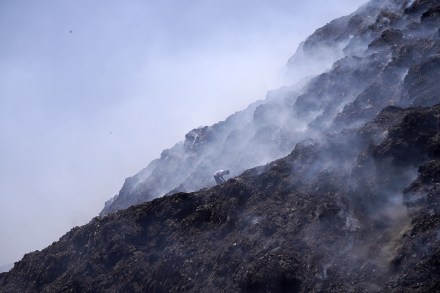A celebration of the music of Jamaica
In Jamaica, music is the vital expression. Night and day, amid the heat and narrow lanes of the capital, Kingston, rap, reggae, ska, dub, rocksteady, gospel and mento-calypso boom from giant loudspeaker cabinets: a joyous musical beat. Deejay-based dancehall – a digitalised reggae that Jamaicans sometimes call ragga or Yardcore – dominates the club scene




















